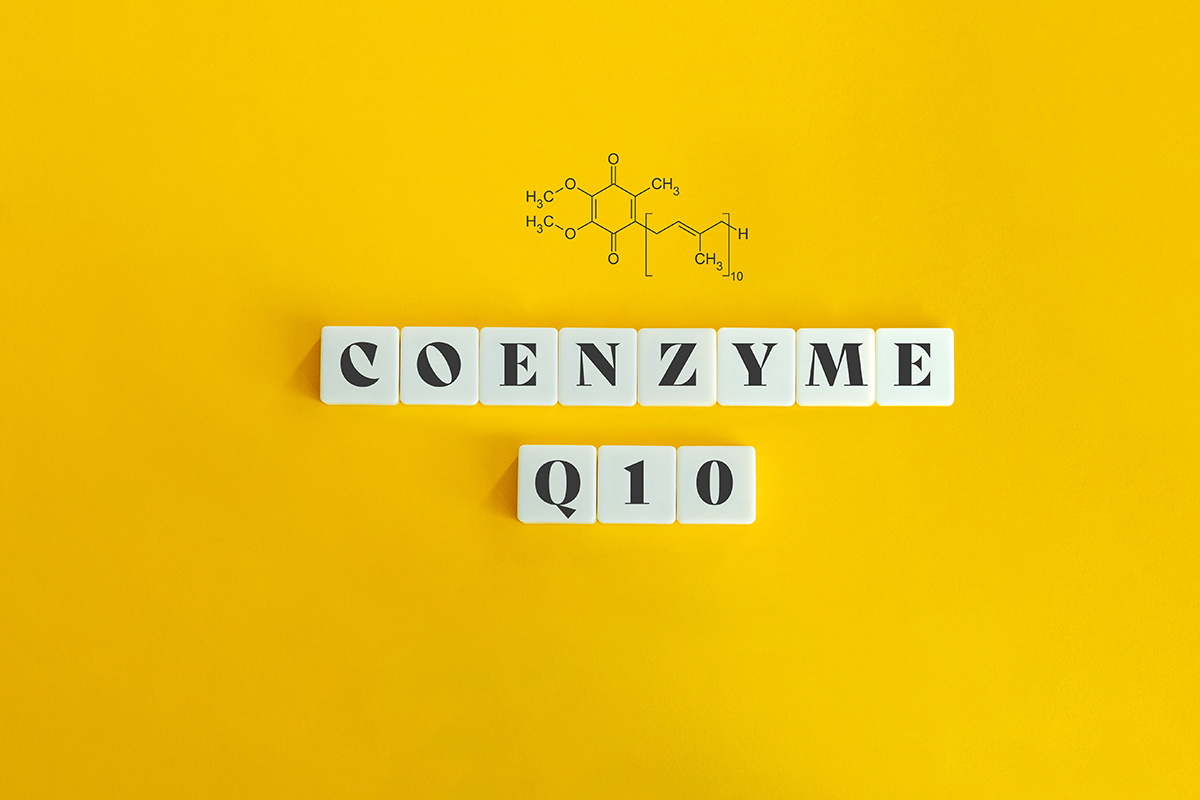
Reviewed and Updated: August 5th, 2024
Coenzyme Q10, or CoQ10, is a vitamin-like compound that supports your body's energy production. Its name "Q10" comes from its unique structure with 10 special units attached. CoQ10 is most abundant in organs like your heart, liver, kidney, and pancreas. You may also hear it referred to as Coenzima Q-10 or Ubiquinone-10.
CoQ10 plays a vital role in producing energy within your cells and acts as a powerful antioxidant, shielding your cells from damage. It supports the health of various organs and tissues, especially those that require a lot of energy, such as your heart.
For today’s discussion, let’s explore how CoQ10 might be beneficial for keeping a healthy heart. How does it achieve this? What are the studies and what do they say? And what connection does it have for our health? Let’s dive in and find out.
Conditions Where CoQ10 Might Help
Hyperlipidemia: CoQ10 May Lower Cholesterol Levels
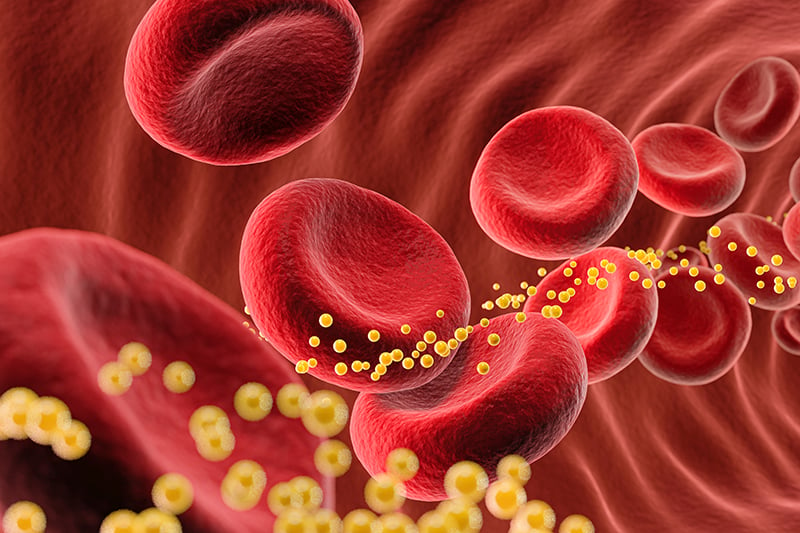
According to the Centers for Disease Control and Prevention, millions of Americans have high levels of fats, known as lipids, in their blood—a condition called hyperlipidemia. This condition can cause plaque to build up in the arteries, which raises the risk of heart disease and stroke. Hyperlipidemia often doesn’t show noticeable symptoms but can lead to serious health issues if not treated.
Some studies suggest that CoQ10 can slightly improve total cholesterol levels. When combined with other supplements like red yeast rice and grape seed extract, it has also shown potential in lowering cholesterol and reducing the risk of heart disease. However, more studies are needed to understand how CoQ10 confers these benefits or what combination of these is optimal.
Hypertension: CoQ10 May Help Lower Blood Pressure

According to the Centers for Disease Control and Prevention, millions of Americans are living with hypertension, also known as high blood pressure. Hypertension can lead to severe health issues such as heart disease, stroke, and kidney problems. Often called the "silent killer" because it usually has no symptoms, hypertension can still cause significant damage to the body over time.
A systematic review looked into three high quality studies that explore the effects of CoQ10 on lowering blood pressure. They found that CoQ10 may help lower systolic blood pressure (the top number) by an average of 11 points. However, its effect on diastolic blood pressure (the bottom number) is less clear and inconsistent across studies.
Statin-Induced Muscle Pain: CoQ10 Might Relieve the Pain Associated with Cholesterol Medications
According to the Centers for Disease Control and Prevention, many Americans who take cholesterol-lowering medications known as statins incur associated muscle pain. This can result in symptoms like muscle aches, weakness, and cramps, which can make everyday tasks difficult. While statins are effective at lowering the risk of heart disease, the muscle pain they cause can affect a person’s quality of life and make it hard to stick with the medication. Finding ways to manage this muscle pain is important so that individuals can continue to benefit from statins without their daily life being disrupted.
Different studies have looked into the benefits of CoQ10 in managing muscle pain from statin medication. However, there are mixed results from these studies. A randomized, control trial recruited 32 individuals taking statins and experiencing muscle pain and offered them CoQ10 supplements. The study found that CoQ10 can reduce pain intensity and improve daily activities.
But a recent study in 2021 that combined and analyzed data from multiple studies did not find any significant benefits.
Conditions Where CoQ10 Can Possibly Help
Congestive Heart Failure (CHF): Low CoQ10 Levels Have Some Correlation with Heart Failure
According to the Centers for Disease Control and Prevention, about 6.2 million Americans have been diagnosed with congestive heart failure. CHF causes problems like shortness of breath, fatigue, and swelling in the legs, ankles, and feet. These problems can make daily activities very difficult to do.
A study looking into blood samples from 236 patients admitted to the hospital with CHF found that low levels of CoQ10 are linked to the severity of CHF and may predict the risk of death.
Multiple studies investigated the benefits of supplementing CoQ10. They found that CoQ10 has the potential in improving exercise capacity, reducing hospital stays, reducing blood pressure and easing symptoms like shortness of breath and leg swelling.
Myocardial Infarction (MI): CoQ10 Seems to Help Following a Heart Attack
According to the Centers for Disease Control and Prevention, around 805,000 Americans experience a heart attack, or myocardial infarction, each year. A heart attack can cause severe chest pain, shortness of breath, and discomfort in the upper body, including the arms, back, neck, jaw, or stomach. These symptoms can be exhausting and life-threatening.
Multiple studies looking into the benefits of taking CoQ10 after a heart attack,
showed a lower risk of additional heart issues. In a randomized double-blind controlled trial, 73 individuals were supplemented with CoQ10 following a heart attack. The study showed that after 1 year there was a lower risk of additional heart attacks and cardiac complications. However, not all studies have shown significant benefits.
How does CoQ10 Provide Heart Health Benefits?
- Increases blood levels of HDL (good) cholesterol, vitamin E, and vitamin C.
- Lowers levels of total cholesterol, and LDL (bad) cholesterol.
- May prevent blood clots and protect against future heart attacks. Unless, you are already on anticoagulants like warfarin since it can block its effect.
- Might reduce blood pressure by acting on blood vessels.
- Acts as an antioxidant that protects heart cells from further damage.
Who Might Consider CoQ10?
Patients with Heart Conditions: Individuals with congestive heart failure or who have had a heart attack, might benefit from CoQ10 supplementation. They could help improve your ability to exercise, reduce the need for hospital visits, and boost one’s chances of recovery when used with standard treatments.
Individuals with a CoQ10 Deficiency:
Coenzyme Q10 Deficiency: For individuals with a CoQ10 deficiency, supplements can effectively improve symptoms like weakness, fatigue, and seizures associated with this rare condition.
What about Individuals Who Don’t Have Heart Conditions?: Most studies have been performed on people with heart conditions. More studies are needed to understand if the preventive heart health benefits are as strong for individuals without these precise issues.
Can I Get CoQ10 From My Diet?
While your body naturally produces CoQ10, you can also get small amounts from certain foods:
Meats: Organ meats like heart, liver, and kidney are particularly rich in CoQ10.
Seafood: Fatty fish such as salmon, mackerel, and sardines.
Vegetables: Spinach, cauliflower, and broccoli.
Legumes: Peanuts, soybeans, and lentils.
Nuts and Seeds: Pistachios and sesame seeds.
However, these dietary sources provide much lower amounts than those used in therapeutic studies. For significant health benefits, supplements are often necessary.
Other Conditions Where CoQ10 Might Help
Mitochondrial Diseases: CoQ10 supplementation may help alleviate symptoms in conditions like MELAS syndrome, Kearns-Sayre syndrome, and MERRF. These include symptoms like fatigue, muscle weakness and exercise intolerance.
Heart-Healthy Supplements from Best in Nature
CoQ10 100 mg softgels
VigorHeart Multi-Ingredient Heart Health formula combining CoQ10 with traditional herbs
Omega-3 Salmon King high-potency fish oil with more EPA and DHA than the leading fish oil supplements on the market.
NattoBest an isolated enzyme extract from the famous heart-healthy Japanese soy food Natto
Bottom Line on CoQ10 Supplementation
Thinking about trying CoQ10 supplements? They might be helpful if you have certain health issues like CoQ10 deficiency, heart problems, mitochondrial diseases, or muscle pain from statins. The results can vary, but CoQ10 is generally safe and might offer some relief for many people. Just remember to talk to your healthcare provider before starting any new supplement to ensure it's a good fit for you.
* This article is for informational purposes only and doesn’t constitute medical advice. For immediate health concerns, please consult your physician.
These statements have not been evaluated by the Food and Drug Administration. Products are not intended to diagnose, treat, cure or prevent disease.






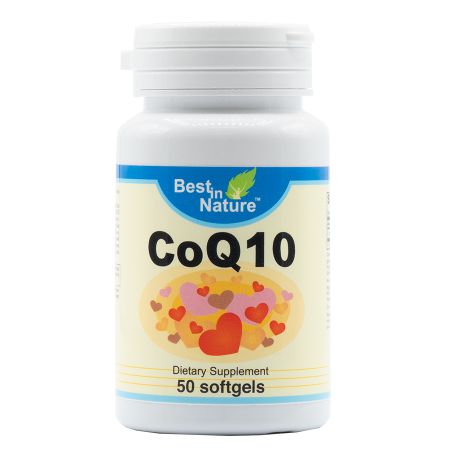
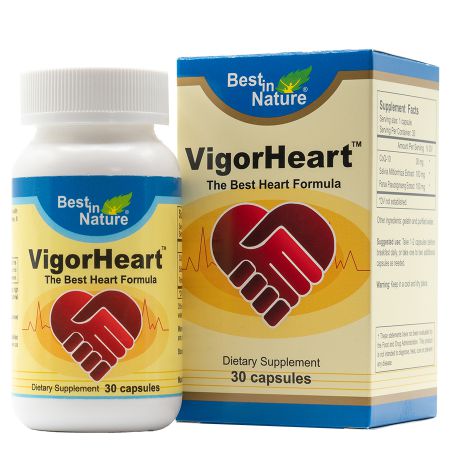
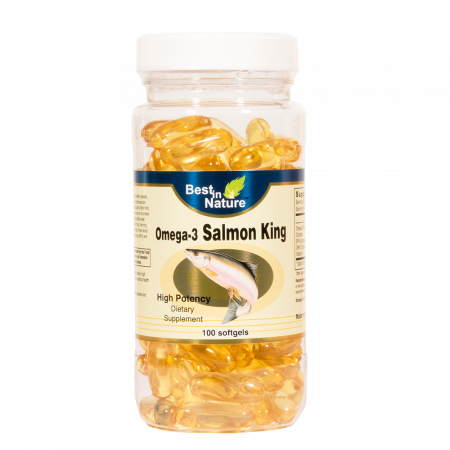
Validate your login
Sign In
Create New Account